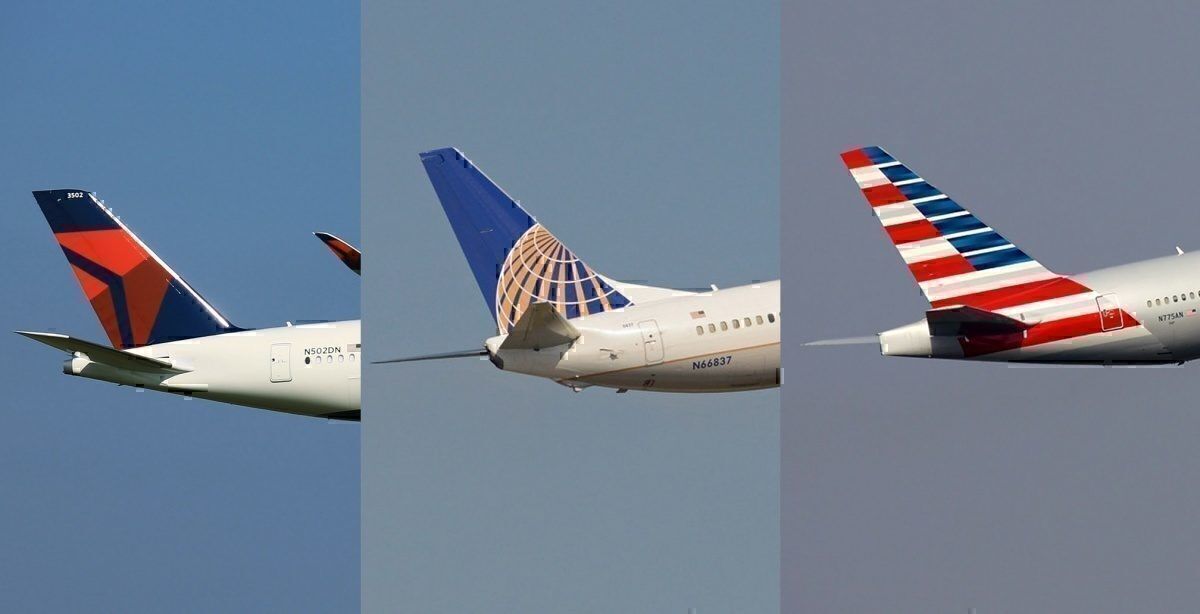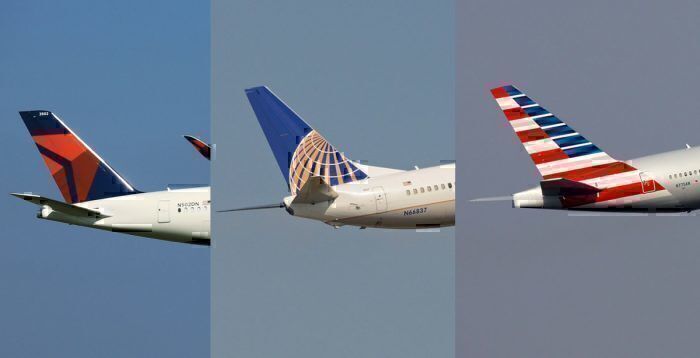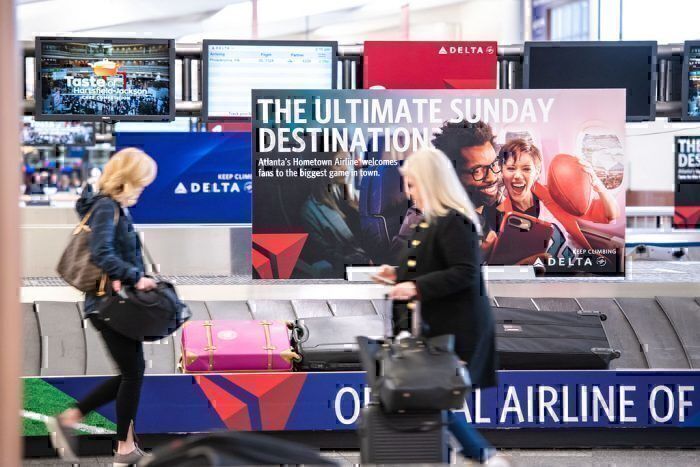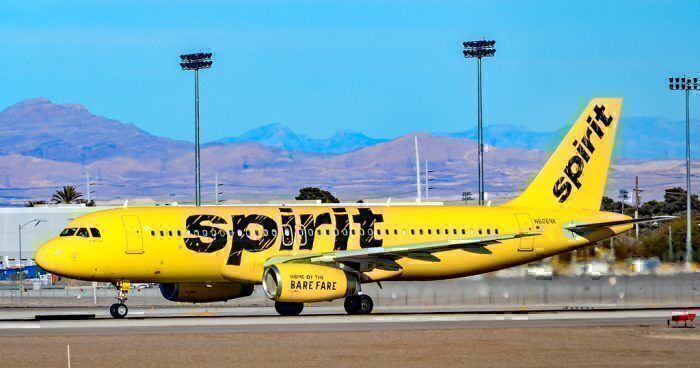We are just about halfway through 2019, and already the big three U.S. airlines have brought in an astounding $757 million in baggage fees. This is part of a report coming from Inc.com about how the American airline industry as a whole has taken in $1.3 billion. Clearly there is some big business in baggage fees.
The report
The Inc.com article is based on a report coming from the BTS - the Bureau of Transportation Statistics. The entire list of earnings from baggage fees is as follows:
- American Airlines - $317.3 million
- United Airlines - $238.5 million
- Delta Air Lines - $201.4 million
- Spirit Airlines - $176.1 million
- Frontier Airlines - $91.4 million
- JetBlue - $84.6 million
- Alaska Airlines - $69.7 million
- Allegiant - $63.7 million
- Hawaiian - $20.2 million
- Sun Country - $16.7 million
- Southwest Airlines - $12.0 million
U.S. Congress
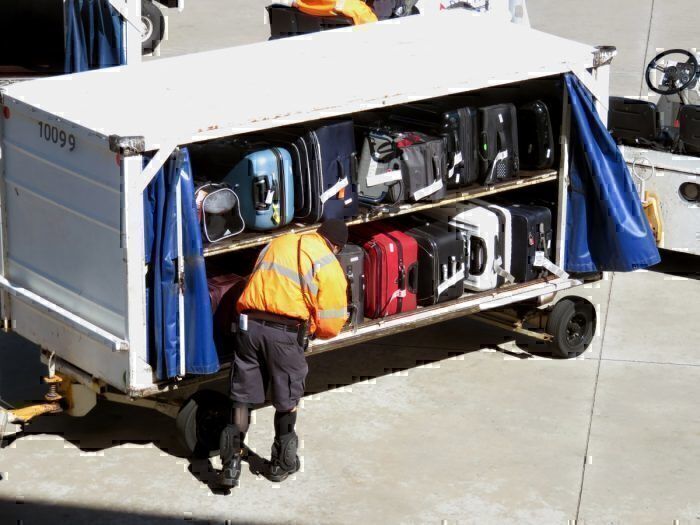
Fees in 2019
Currently it appears all of the big three U.S. airlines are charging the same for that first piece of checked baggage in economy class: $30 on a domestic flight for anything up to 50lbs (23kg). However, outside of a regular domestic flight there are many exceptions depending on the destination. Two free checked bags are fairly standard for the majority of international destinations.
Naturally, there are perks for elite status members and holders of certain airline-branded credit cards. Generous free baggage allowances exist for active U.S. military personnel and their dependents as well.
Low-cost airlines
Budget airlines aren't at the top of the list, mainly because of their relatively low passenger traffic. However, passengers can expect to pay more in baggage fees as some of these airlines will even charge for carry-on bags.
The target of many late-night comedy show jokes, Spirit Airlines charges for a carry-on bag as part of their "Bare Fare". Furthermore, the airline charges more for checked bags over 40 lbs. Frontier Airlines does the same with their fares. Thankfully, for both airlines one personal item "like a purse, small backpack, etc." is still included with the ticket - it just has to fit under the seat in front of you.
Thankfully, most airlines still have a heart and allow some additional items free-of-charge. For example, here is what Frontier airlines allows:
"Coats, diaper bags when traveling with an infant, canes, crutches, Portable Oxygen Concentrators, respiratory devices or any other assistive devices, and foot rugs for use during prayer are all free to carry on in addition to your one personal item."
Conclusion
Although perhaps a controversial opinion, I believe that the trend of fare unbundling can benefit passengers greatly. Passengers more accurately pay for what they bring with them and it encourages over-packers to think twice about bringing items that may not be necessary. Less baggage to fly means less fuel burned, and that's a benefit to the environment.
What do you think? Would you support fare unbundling if it could save you money? Last September we wrote an article about U.S. airlines' baggage fee increases. You can check it out here.

